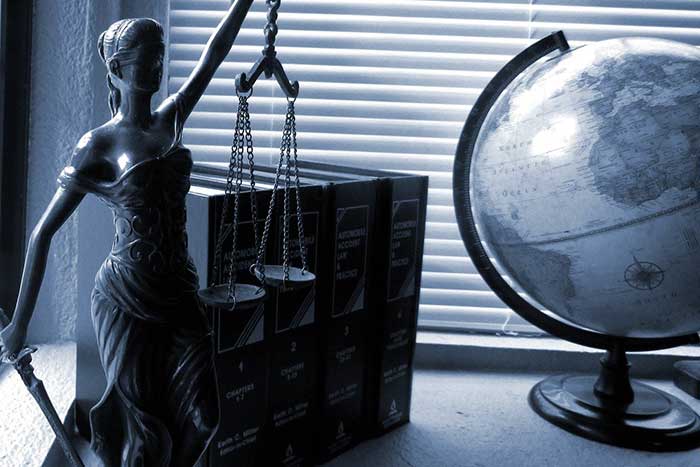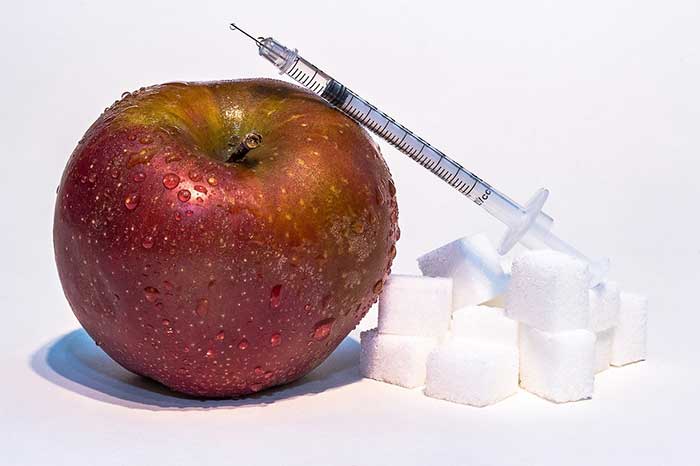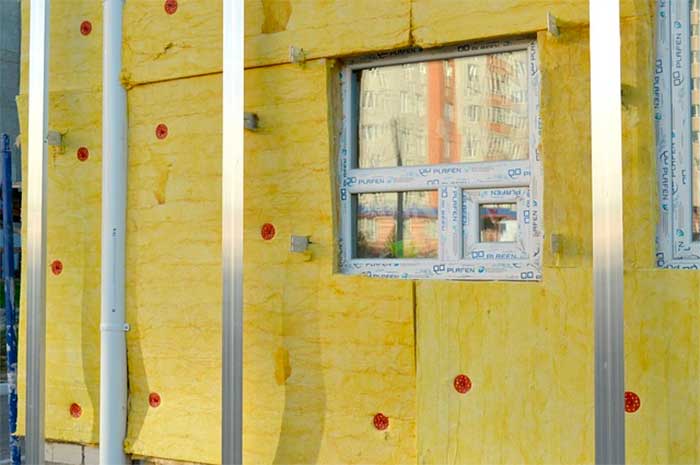
Although most cases include children and young people between the ages of 10 and 18 in the juvenile justice system, the higher qualifying limit is established by the juvenile statute of each jurisdiction. But whether the perpetrator is less than 18, most states prosecute youth criminal cases in juvenile court, a few states have younger cutoffs.
Alternatively, certain states expand jurisdiction to the age of twenty in cases of status crimes, for instance, curfew violations, dependency, or harassment. A conviction received from a juvenile court in certain states cannot last past the 18th birthday of the individual. That being said, there are other things you should know about juvenile law.
Brief History of Juvenile Law
The criminal courts charged and disciplined underage offenders for the crimes perpetrated by them, even before the evolution of the juvenile justice system. In the late 18th century, children were considered and regarded the same as adults were under the constitution.
However, a fine line was drawn between the crimes committed by minors and adults, with the evolution of jurisprudence and the justice system. In 1899, the first juvenile court in the United States of America, precisely in Illinois, was subsequently created. Under the doctrine of “Parens Patriae”, the early juvenile facilities existed. The saying has implied that a state could serve as a nation’s father.
The International Juvenile Justice System
While the definition of criminal justice was not given much meaning until the late 19th century, it has now become a field of law comprising the largest number of treaties and foreign rules. The international juvenile justice system reflects on the violations that are being committed by minors and provides steps to protect the rights and interests of juveniles from violation of the law.
As questions over the safety of children and their rights have grown, several countries have taken steps within their legislative system to safeguard the interests of juveniles.
Types of Juvenile Crimes
A juvenile felony may involve a DUI conviction. Also, it can deal with theft, kidnapping, assault, and any other offense that an adult may commit. For instance, murder. As Robert J. Beles from https://beleslaw.com/ would say, even if that may be true, many juvenile offenses do not authorize severe punishments that are sometimes being handled down. Under juvenile law, individuals under the age of 18 who commit these offenses will be prosecuted. The best possible solution for the situation is to seek aid. Juvenile lawyers’ aid will help defendants and their families to grasp juvenile rules.
The Phases
A juvenile felony may involve a DUI conviction, assault, theft kidnapping, or even murder a mentioned previously. Juvenile law requires a high degree of flexibility incorporated into it. At any time, the needs of both the juvenile and the state as well must be taken into consideration.
The phase of criminal justice normally proceeds by the following steps:
- Arrest
- Intake
- Diversion
- Detention
- Transfer/Waiver
- Adjudication
- Disposition
- Aftercare
How Does the Juvenile Criminal Justice System Work?
The youth criminal justice system works on the assumption that, both in terms of the degree of accountability and the opportunity for recovery, underage offenders are inherently different from adults. The main priorities of the criminal justice system, along with greater public protection, are the care and active reintegration of juveniles into society. The aims of the criminal justice system in general, are to keep residents safe and to rehabilitate underage youths who are considered to be delinquent.
Unfortunately, politicians are not necessarily willing to set up projects that meet these targets due to a lack of resources and understanding. While prevention and rehabilitative interventions have been proven to dramatically minimize the incidence of juvenile crimes, it can take years for the effects of those programs to take place.
Having a larger number of penitentiaries for juveniles will help keep people safe. Although, prisoners can continue to commit offenses until their sentences are over unless rehabilitative measures are enforced.
Correctional Facilities
Young people arrested violating the law frequently end up in places of incarceration that are inadequate for their age and maturity. With dedicated criminal justice programs lacking in many developed nations, their reintegration into society may not be improved as a result. In some countries, young people are expected to live with adult prisoners in custody centers, which is automatically placing them at risk on a lot of different fronts.
While young people are housed in specialized juvenile institutions in some nations, detention conditions are often exceedingly unsafe and hazardous. Correctional facilities and educational facilities may be arenas for constant battles, harassment, and violence. International norms state that imprisonment should be a last resort measure and should only be used for the most serious offenses.
It is now widely known and understood that there is a line between the crimes done by an adult and a juvenile. Almost all countries have developed separate legislation relating to actions performed by minors. Although, there is still a need for stronger state administration. Juvenile justice thus covers all the spheres of the life of a juvenile and is not limited to a single set of laws.


